Emerse Fae, the man who coached Ivory Coast to glory at this year’s Africa Cup of Nations (Afcon), believes it would be “easier” for organisers and players if the tournament was played every four years, instead of every two.
The Nations Cup has long had issues around its scheduling, and the repeated battles between clubs and countries over its timing and player release could ease with fewer tournaments.
The Confederation of African Football (Caf) said the finals should be played in June and July from 2019 onwards, but the last two tournaments have taken place in the once-traditional slot of January-February - midway through the European club season.
“It will be good to be as in Europe and South America and play every four years,” said Fae, who helped carry out the recent qualifying draw for the 2025 Afcon in Morocco.
“I think it will be easier for the players, because they will have less games and will maybe be stronger if they play less.”
The dates were only recently announced for next year’s competition in Morocco, where it will start in December for the first time – with games scheduled to be played over the Christmas period – and finish in January.
Organisers had hoped it could be played in June and July next year, but Fifa’s newly expanded 32-team Club World Cup - which will last a month, rather than its previous 10 days - now occupies that window.
Caf general secretary Veron Mosengo-Omba recently told BBC Sport Africa that player welfare issues were part of the reason it had taken so long to confirm dates for the 2025 Nations Cup.
But discussions to turn the tournament into a quadrennial event were “not on the table”, he added.
Shortly after taking charge of Caf in March 2021, Patrice Motsepe said he was in “no doubt” the Afcon had to be played every two years, as he publicly disagreed with a 2020 statement from Fifa president Gianni Infantino that the tournament should be a four-year affair.
The South African billionaire businessman, whose path to the Caf presidency had been aided by both Fifa and Infantino, said the income from the Nations Cup, which provides the lion’s share of the African body’s revenue, was needed to assure proper financial foundations.
First played in 1957, the Nations Cup has taken place every two years since the late 1960s, with the only three-year gap since coming when the coronavirus pandemic meant the nominal 2021 edition was moved to 2022.
In contrast to Fae, former Morocco forward Marouane Chamakh believes a biennial Cup of Nations remains “good for Africa”.
“We need to be better at everything,” said the ex-Arsenal man when discussing how the tournament benefits the game on the continent.
“All federations and people can grow better (if Afcon is played every two years).”
Playing the tournament during the middle of the European season has previously led to club-versus-country commitment rows but Chamakh, who scored 18 goals in 63 games for Morocco, does not believe the December move will make the issue any worse.
“When there is an empty time (in the calendar), we see the likes of Fifa and Uefa putting a competition (there),” said the 40-year-old.
“We have African competitions and they have to be the priority for everyone – for the clubs or anyone else.
“The English Premier League is the one of the best championships (but) we don't rest in December and in January - you don't have any break. So we don't need any breaks. It's fine for me.”
Having led Ivory Coast to a remarkable Nations Cup triumph on home turf in February, having been put in temporary charge after the group stage, Fae agrees that it is “the same problem” whether Afcon begins in December or January.
“It will be two weeks earlier, but I think players are used to this kind of problem," said the former Reading midfielder.
“All Ivory Coast players want to come to the national team to play for their country. So, at each international break we will have all our players and we will be ready for the games.”
The 2025 Africa Cup of Nations in Morocco is scheduled to begin on 21 December next year and finish on 18 January 2026.
Five months later, Africa's top players - some of whom will have contested the 2025 Club World Cup - will then play the 2026 World Cup as well.

 4 months ago
100
4 months ago
100
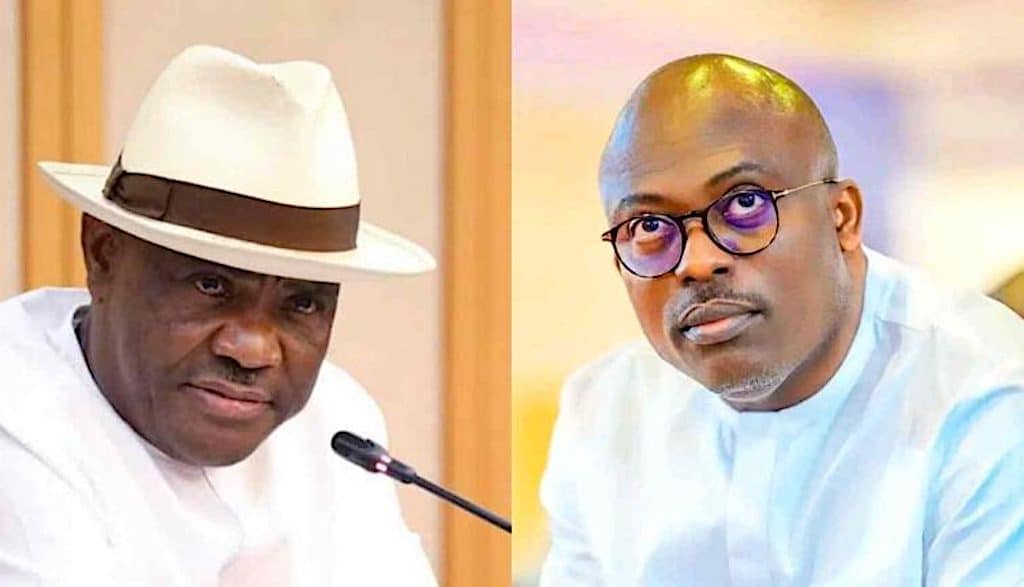





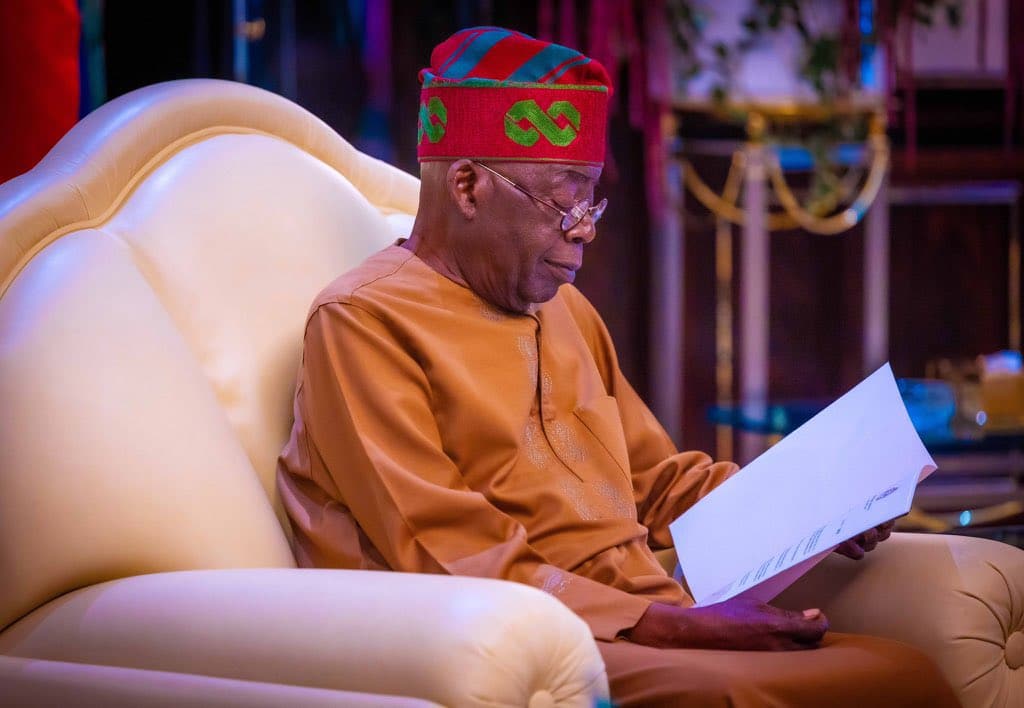

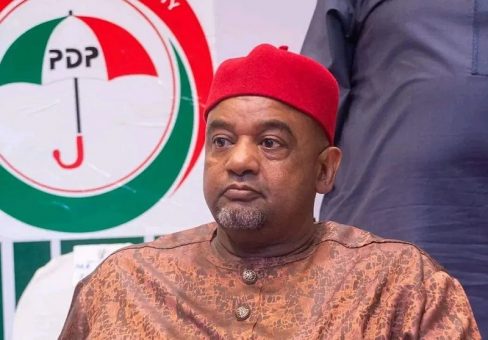


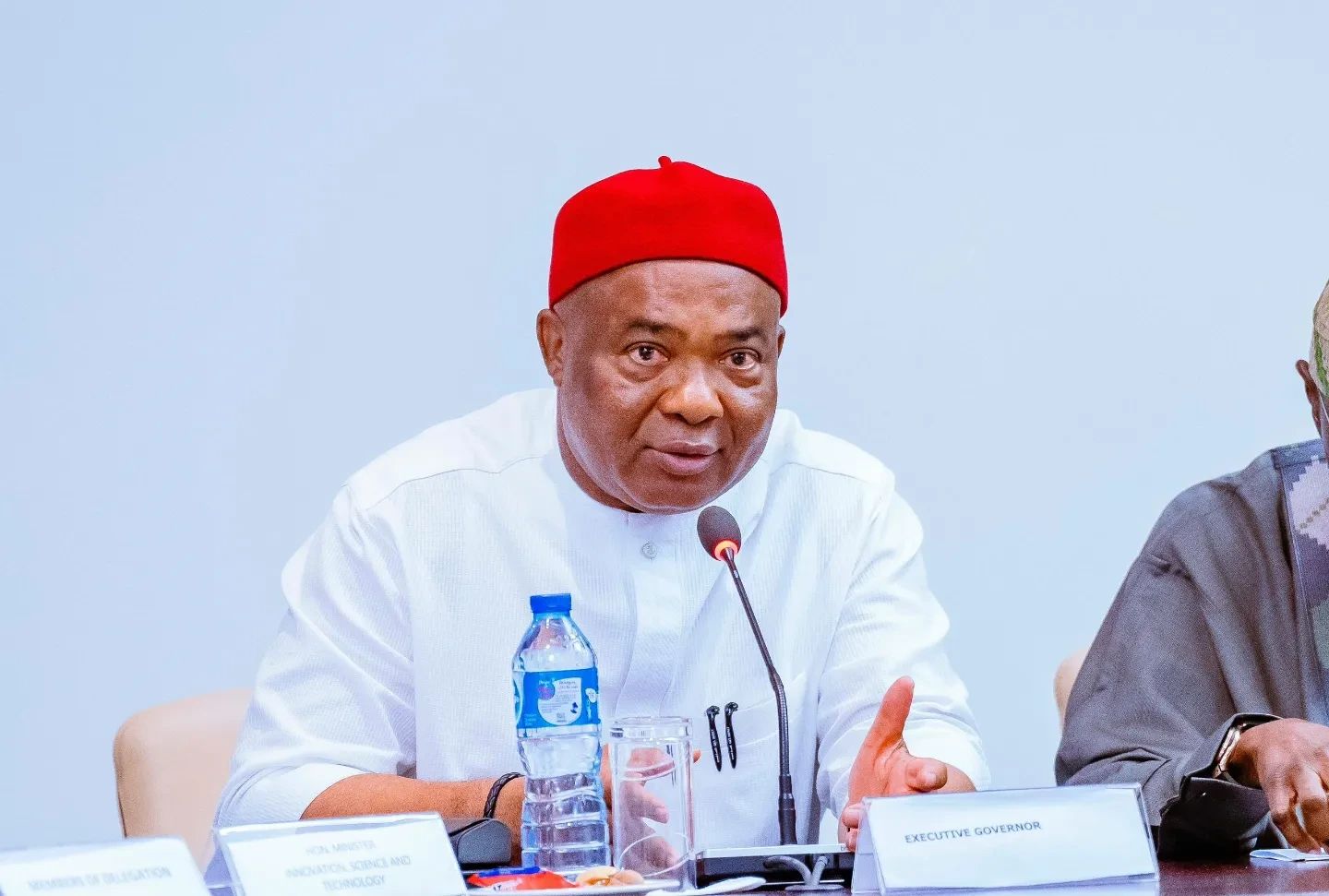
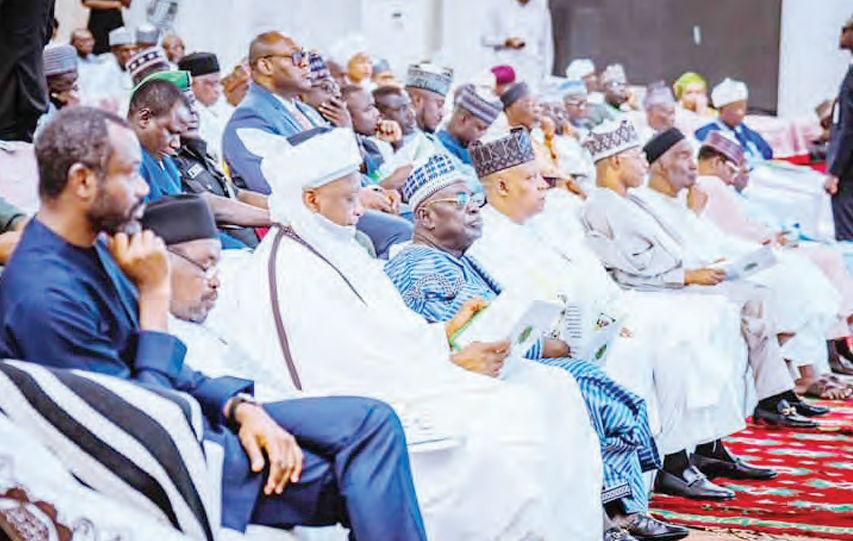
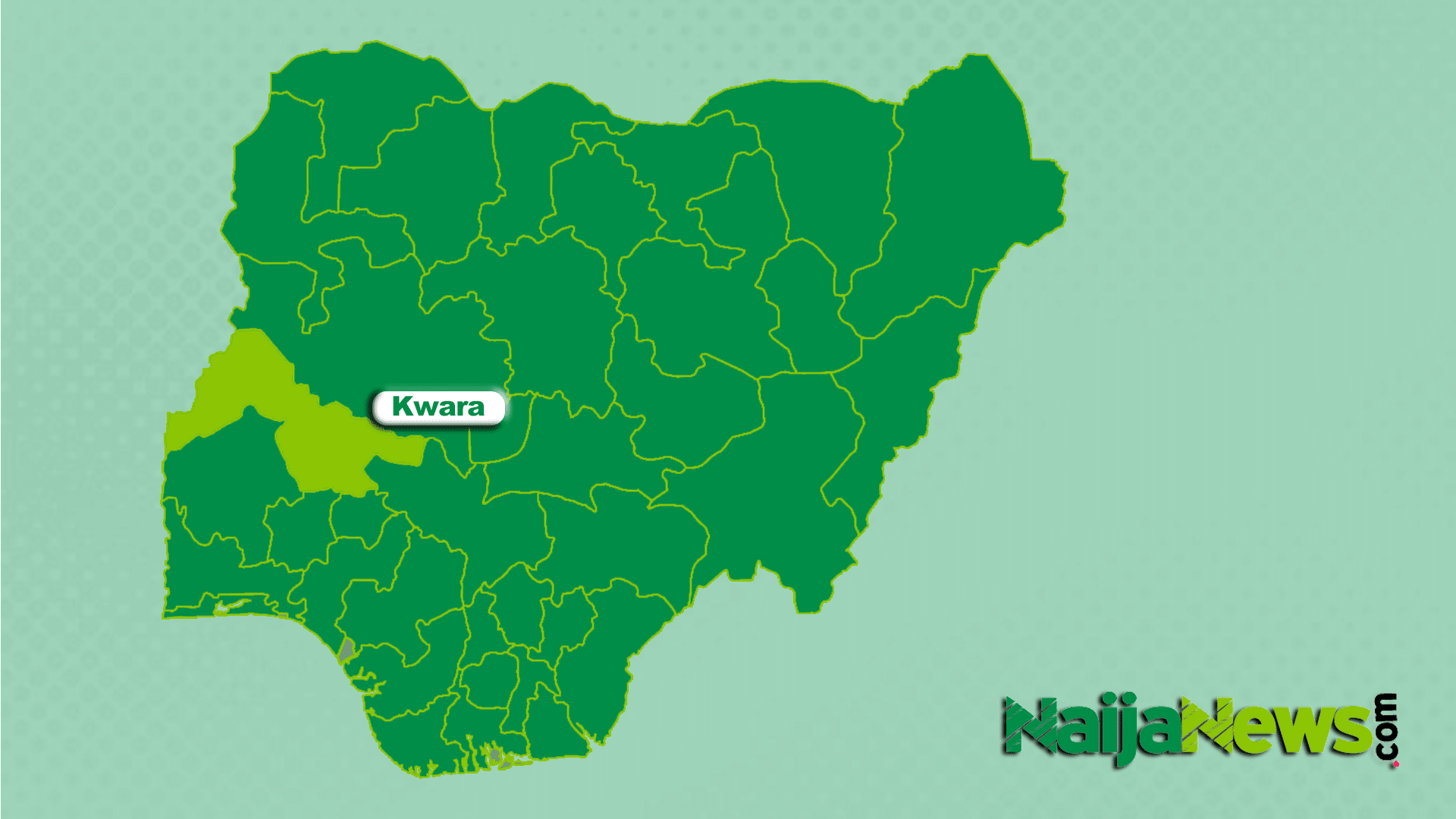
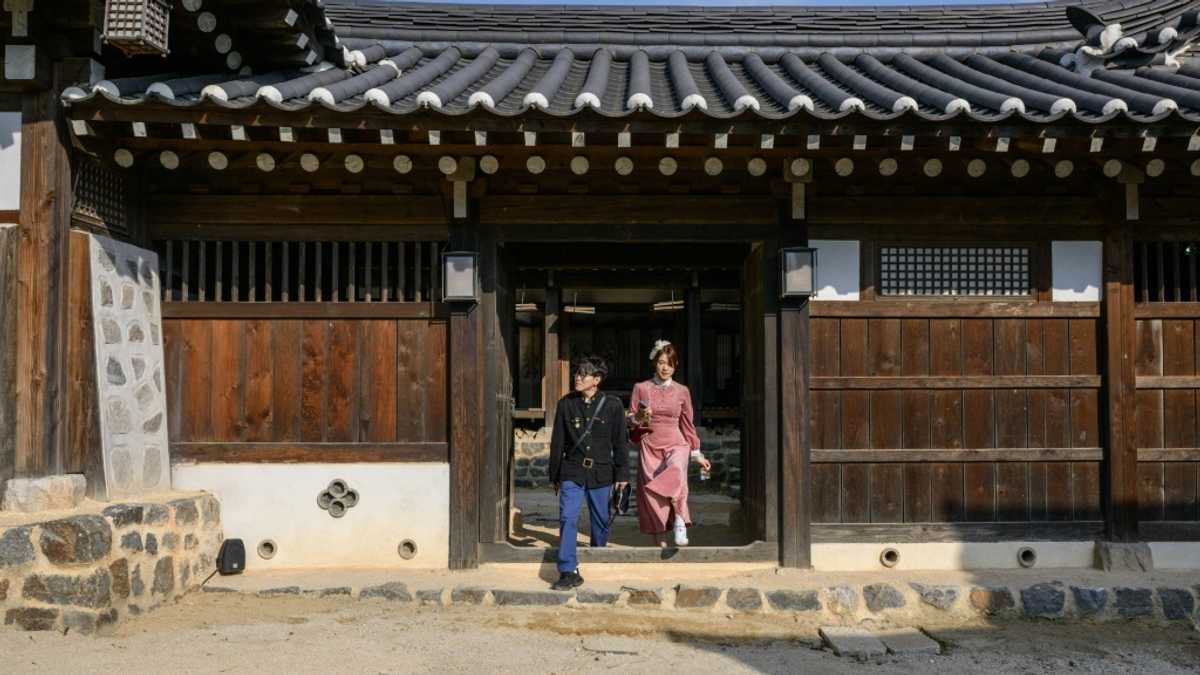
 English (US) ·
English (US) ·